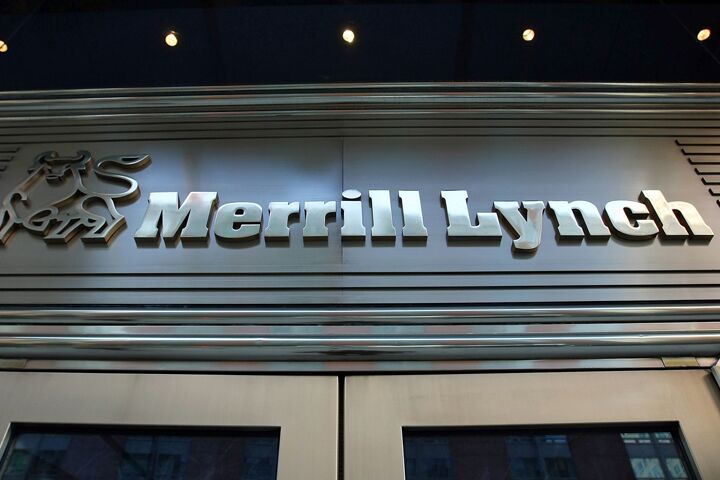
U.S. Banks Sell Independence
Desperation seems to be the word on the street. Faced with growing liabilities, two of Wall Street’s best-known banks are again nervously trying to entice foreign governments to come to their rescue, said analysts January 10. Citigroup and Merrill Lynch & Co. may face a staggering $25 billion in losses when they report fourth-quarter earnings this week.
If $25 billion wasn’t shocking enough, the results also highlight the deteriorating conditions confronting the nation’s largest bank and its largest brokerage house. Both companies recorded billions in losses during the previous quarter as well.
Initial reports indicated that Citigroup had bad investments worth $11 billion—but some analysts now say the write-downs could be closer to $24 billion. Merrill may face a $15 billion writedown according to the New York Times, and that follows a $2.3 billion loss the previous quarter.
The credit crisis is intensifying. Goldman Sachs, a bank that escaped much of the subprime-induced bank credit crunch by placing large bets against the very subprime mortgage-backed securities it was selling, warned, “Write-downs and losses will continue to mount.”
To prop up operations, many U.S. financial institutions have been forced to beg cash-rich foreign governments for loans. The fear, of course, is that eventually the banks could be selling their independence—to countries ofttimes unfriendly to the United States.
“The bottom line is that [banking] losses are much more sizable than first thought, and they need capital to shore up their balance sheet,” said Richard Bove, an analyst with Punk Ziegel & Co. “It’s why they’re out there looking for more.”
This time, Citigroup is rumored to be seeking a $10 billion financial injection. In November, Citi sold a 4.9 percent stake in the company to a state-controlled United Arab Emirates investment fund for $7.5 billion. Merrill is supposedly looking for $4 billion in additional capital; that is in addition to the $4.4 billion stake it sold to the government of Singapore.
Last month, the government of China poured $5 billion into U.S. bank Morgan Stanley after the company recorded $9.4 billion in write-downs. Its third-quarter losses were the first-ever in its 72-year history.
In related news, brokerage firm Bear Stearns announced last week that Jimmy Cayne would resign his chief executive position, and follows earlier ceo resignations at Citigroup and Merrill Lynch. The resignation was prompted by the mounting financial crisis plaguing the firm, which was capped off by the first quarterly loss in its 84-year history. Analysts say the firm is “clearly in trouble” and are now questioning its future as an independent entity.
Washington Mutual, the nation’s largest savings and loan, announced that it slashed its dividend by 72 percent, had cut its workforce by thousands, and was considering a takeover by JP Morgan Chase & Co. Washington Mutual shareholders saw two thirds of the company’s value evaporate last year.
Countrywide Financial, America’s biggest mortgage lender, said that Bank of America will rescue the troubled mortgage company from imminent bankruptcy. Bank of America will pay $4.1 billion for the company which was valued at over $25 billion less than a year ago. Don’t worry about Countrywide ceo Angelo Mozilo though; he will probably receive $115 million in compensation—not bad for a failed leader.
Yet despite all the losses and write-downs, certain politicians and financial pundits continue to tout the bailouts as a positive for the economy.
Selling chunks of U.S. financial assets may temporarily stabilize endangered financial institutions, but the bigger picture lost in the sigh of relief is the fact that so many top U.S. financial institutions need to scrounge for bailouts in the first place.
Massive U.S. financial losses—enabling foreign governments to buy up chunks of distressed U.S. assets on the cheap—is no cause to celebrate. It is kind of like selling a share of the family cow to buy it medicine. The cow might survive, but the milk stream no longer belongs to just your family. The cow isn’t yours anymore either. Similarly, foreign governments will milk future profit streams from their newly acquired U.S. assets.
And eventually, if trends continue, foreign governments may at some point even gain direct control over many of America’s most prestigious corporations.
When the nation’s largest bank, largest brokerage house, largest savings and loan, largest mortgage lender, and other prestigious financial institutions are in trouble, what does that say about the nation as a whole? It should be a clear signal that something is very wrong with America’s financial system.
